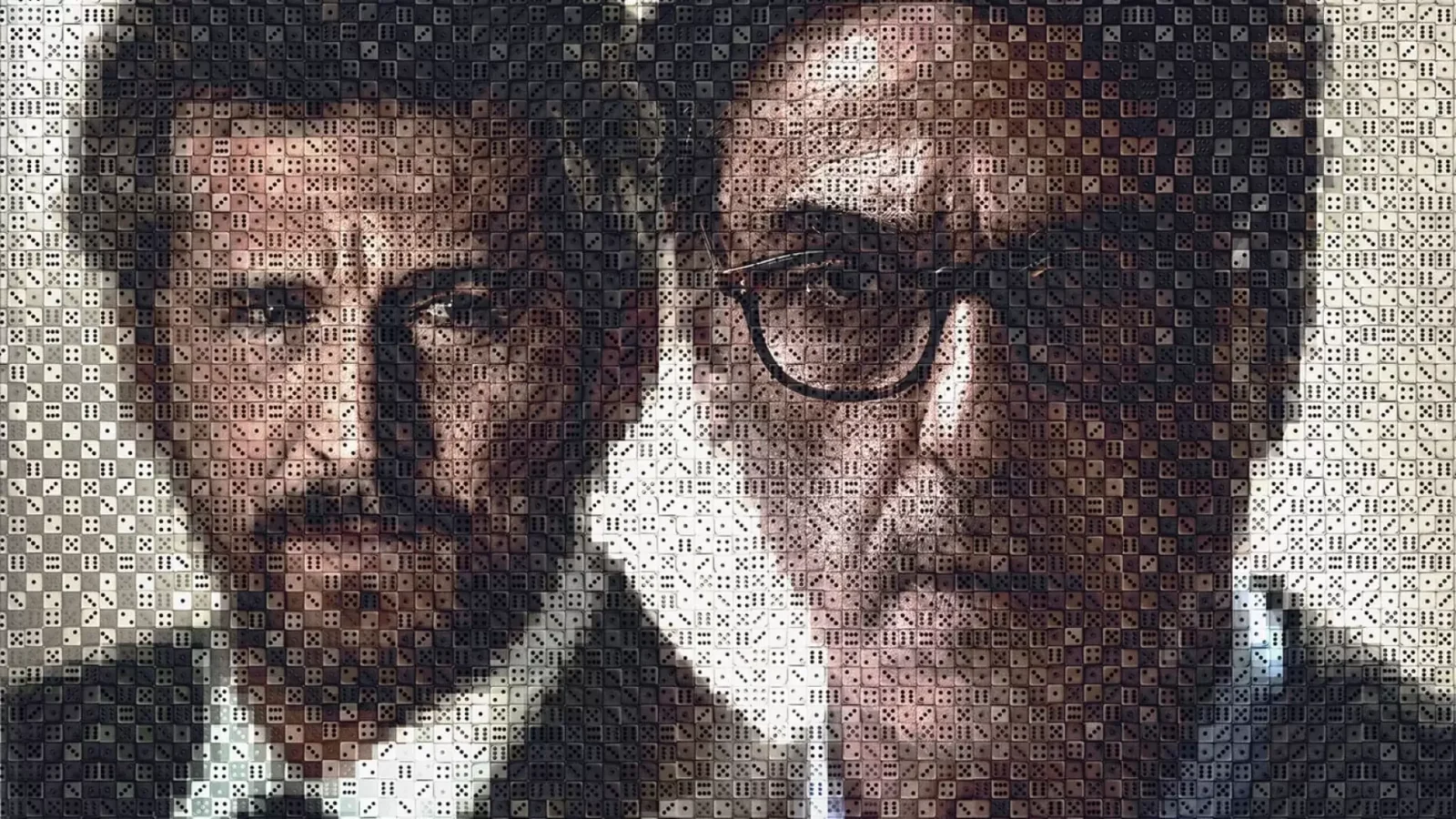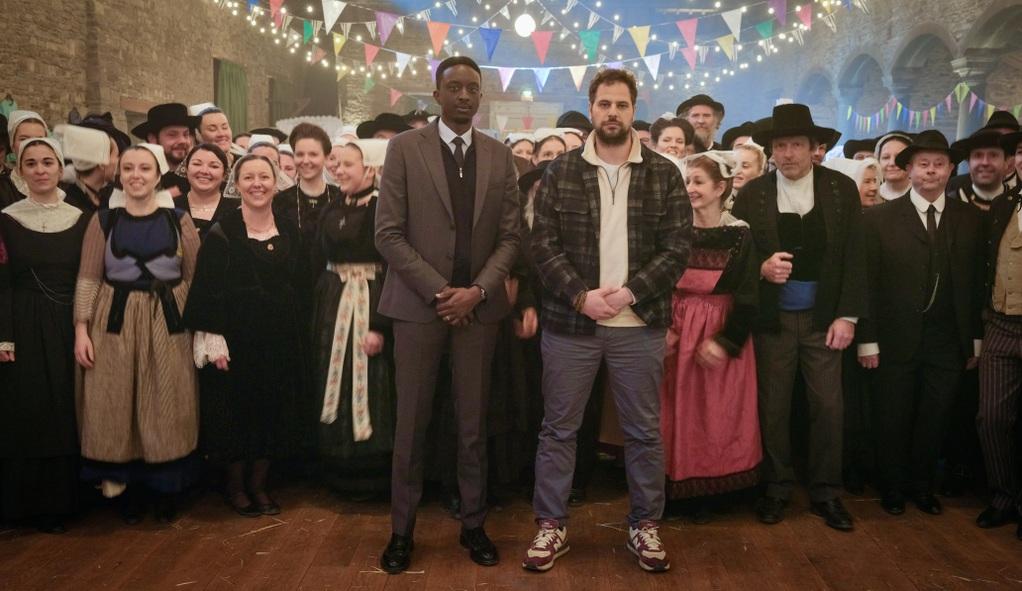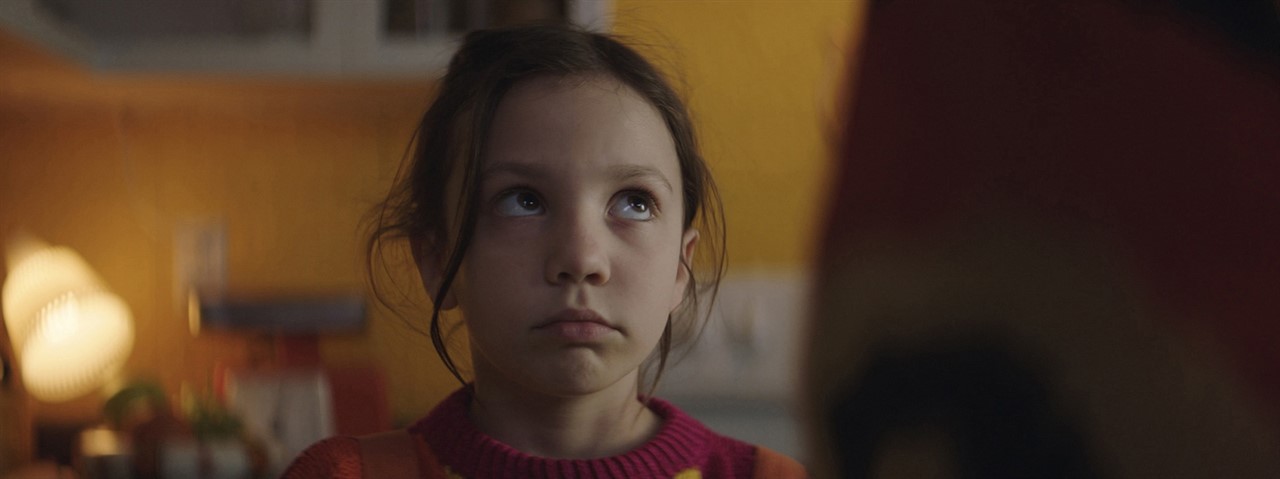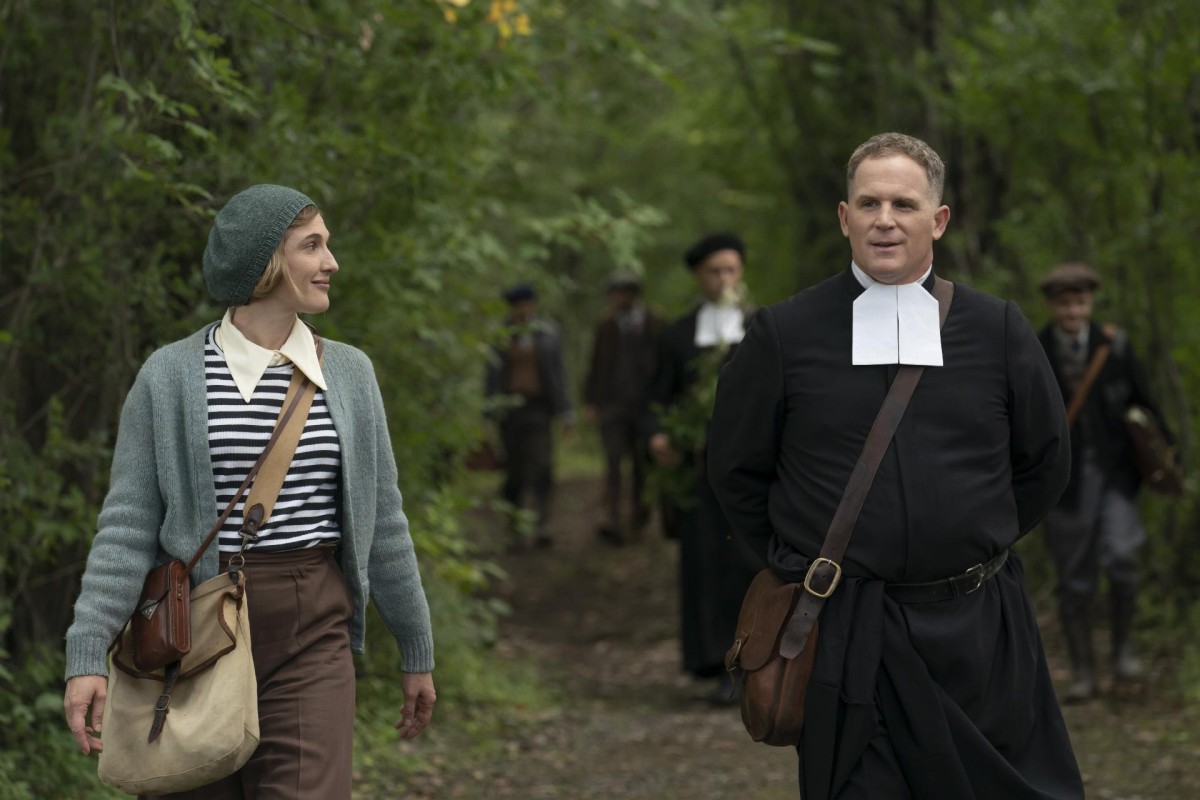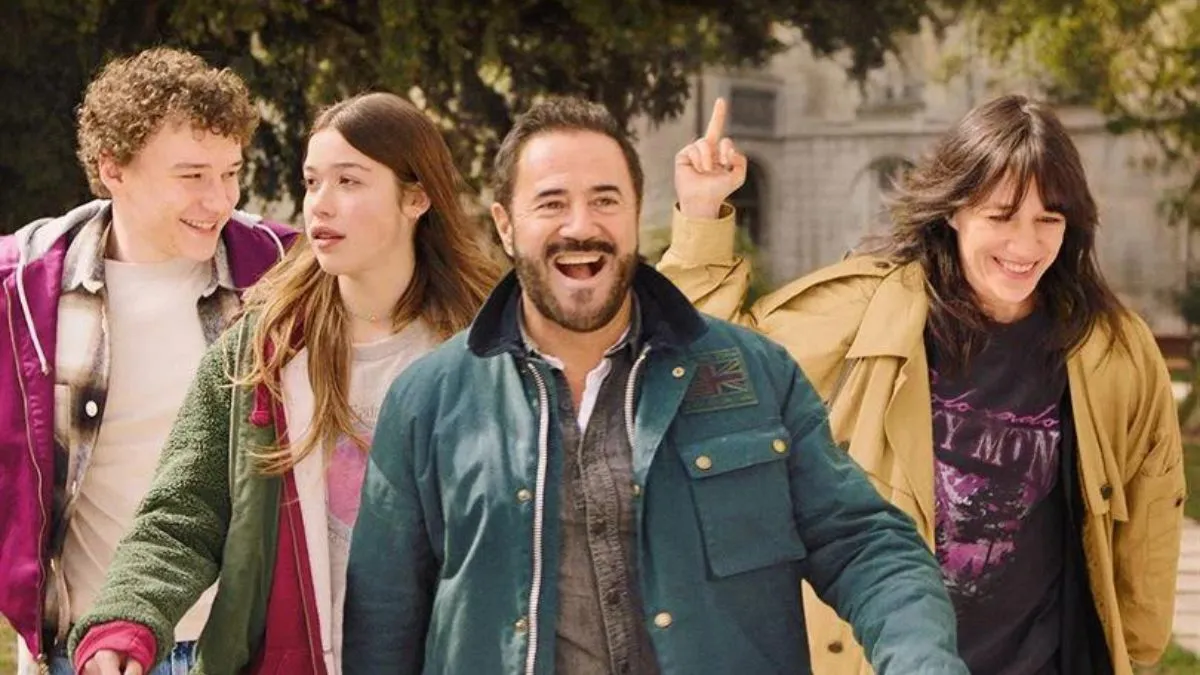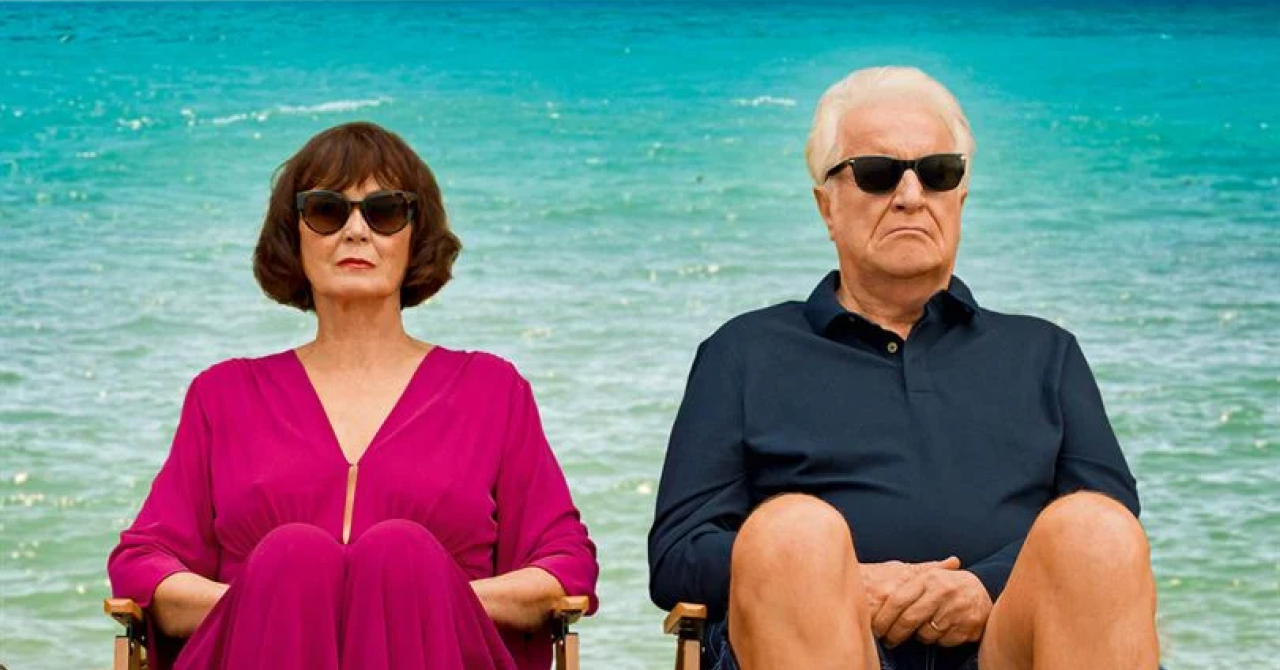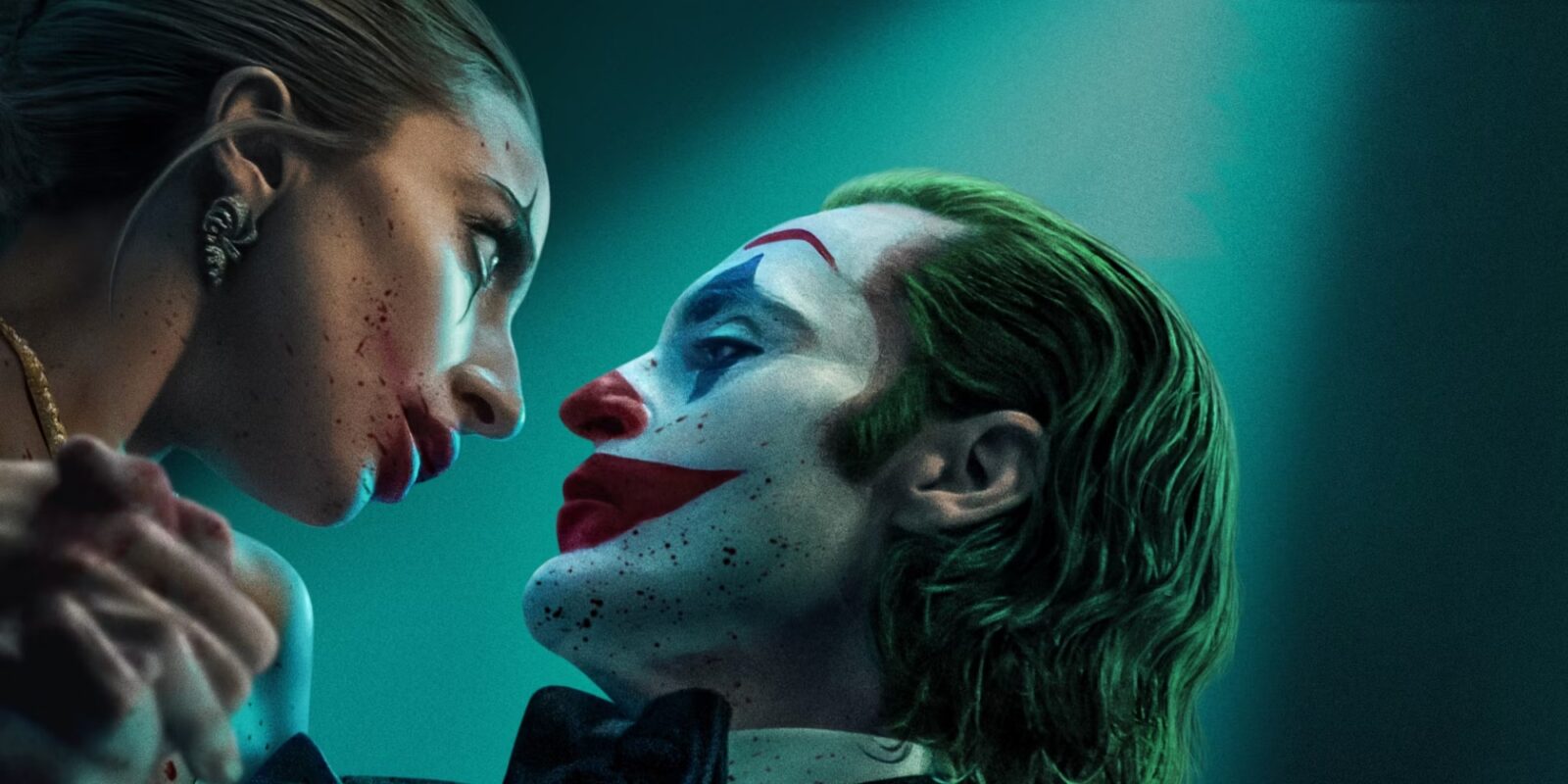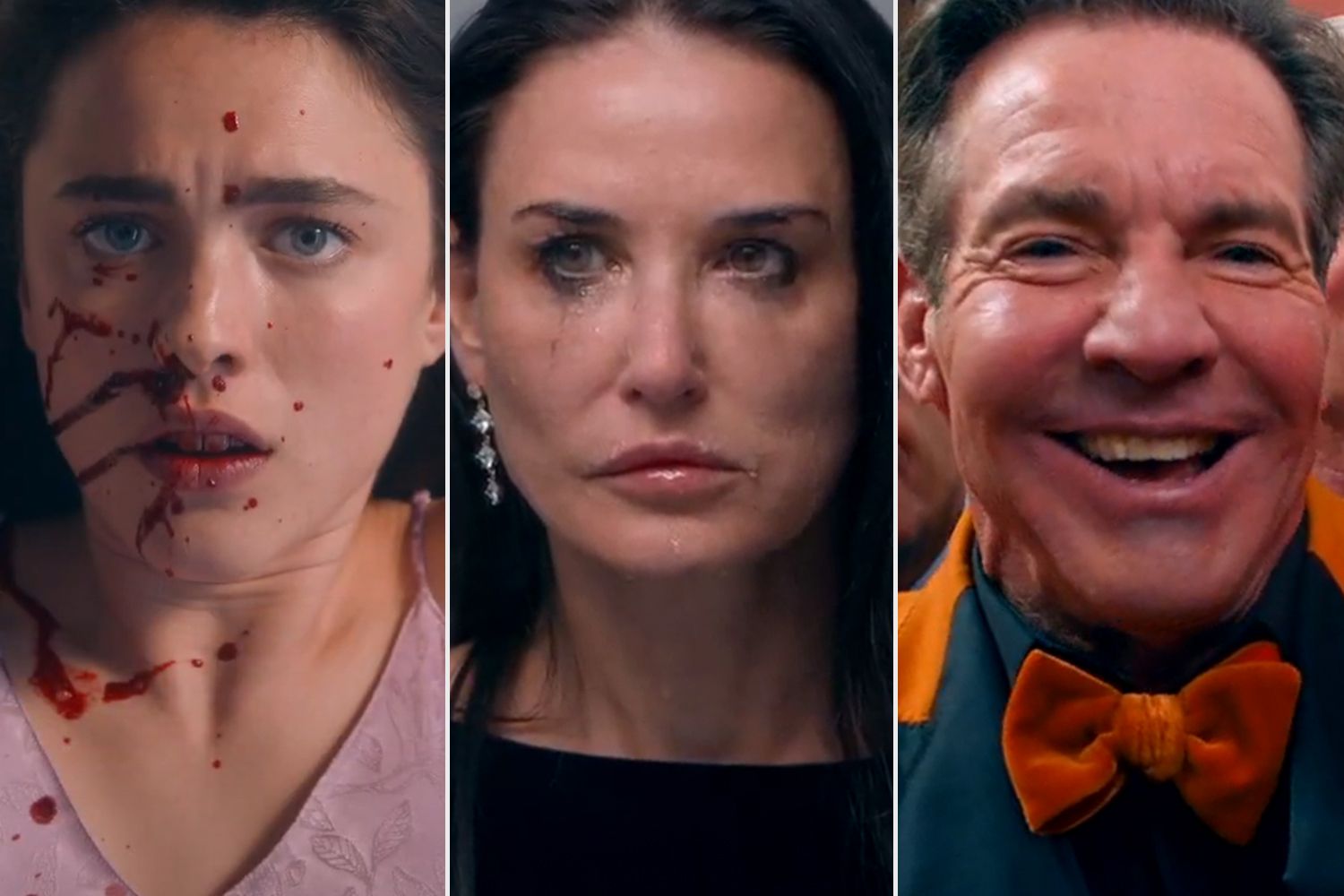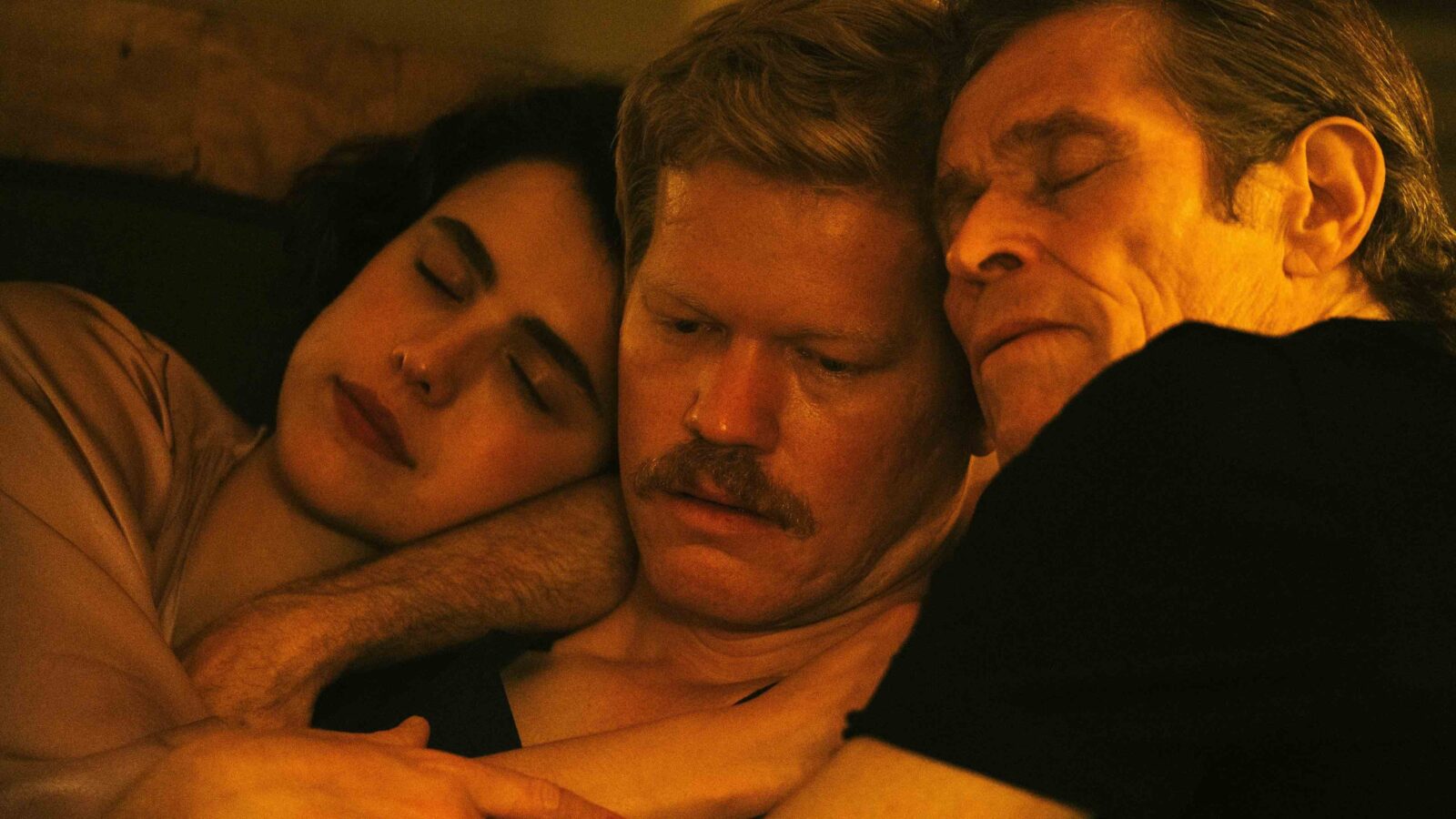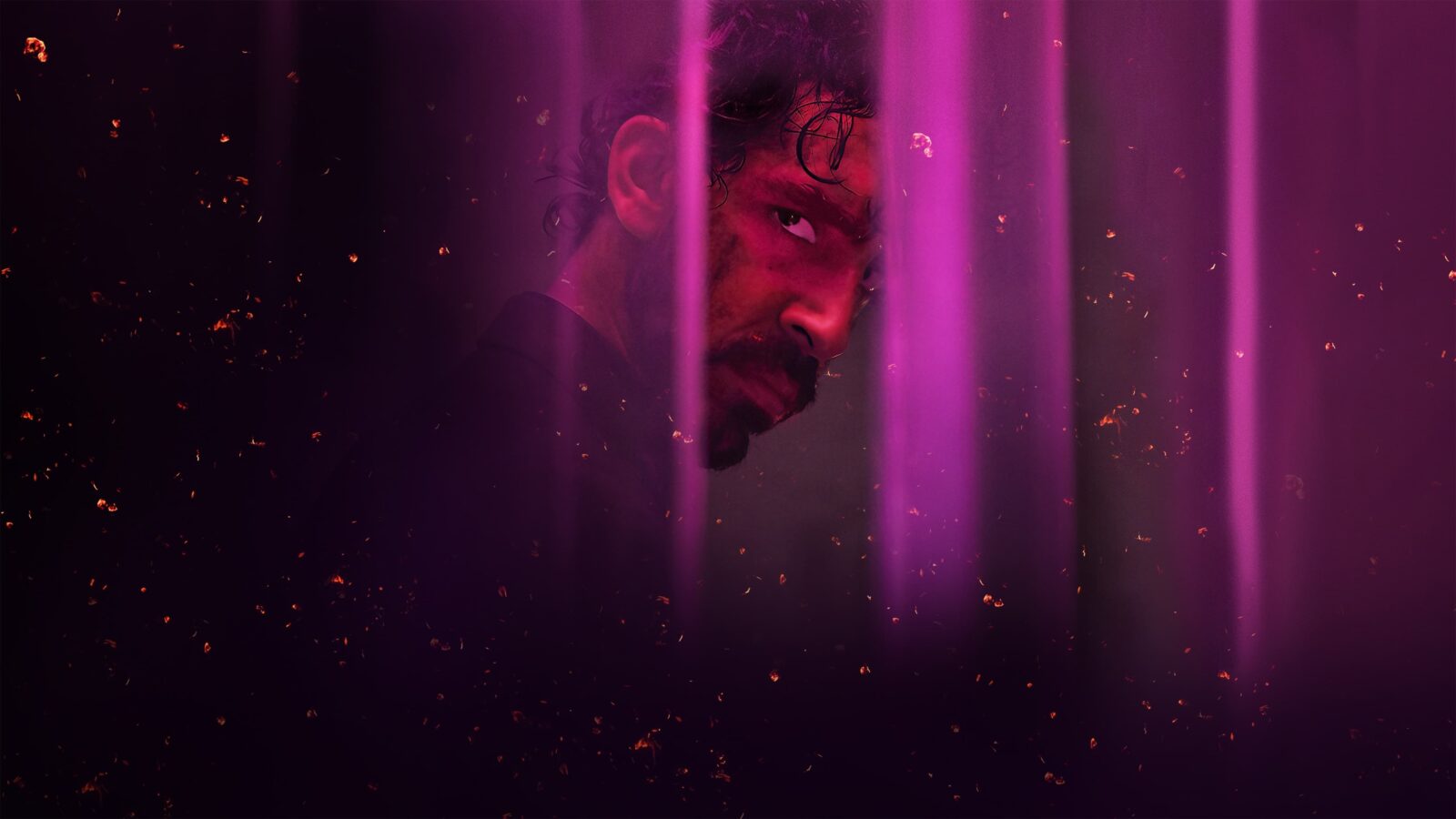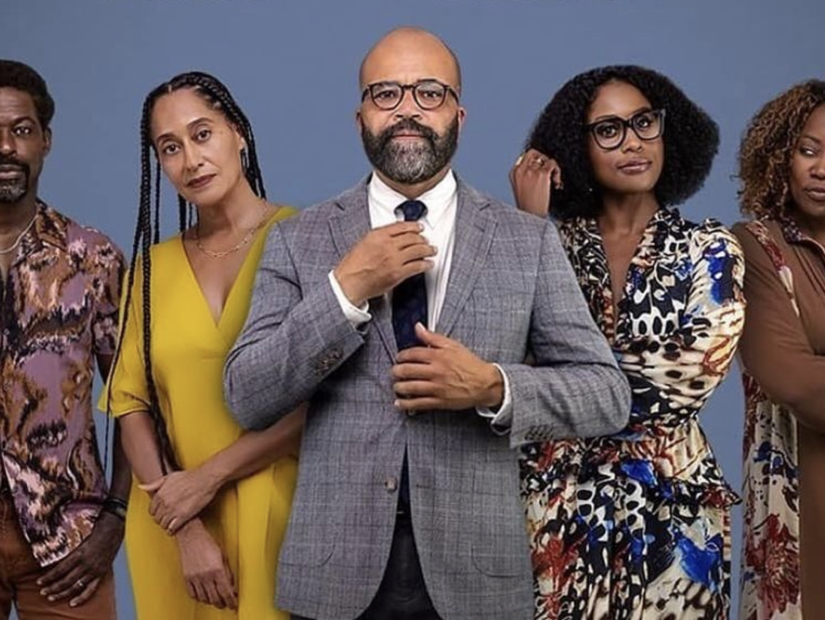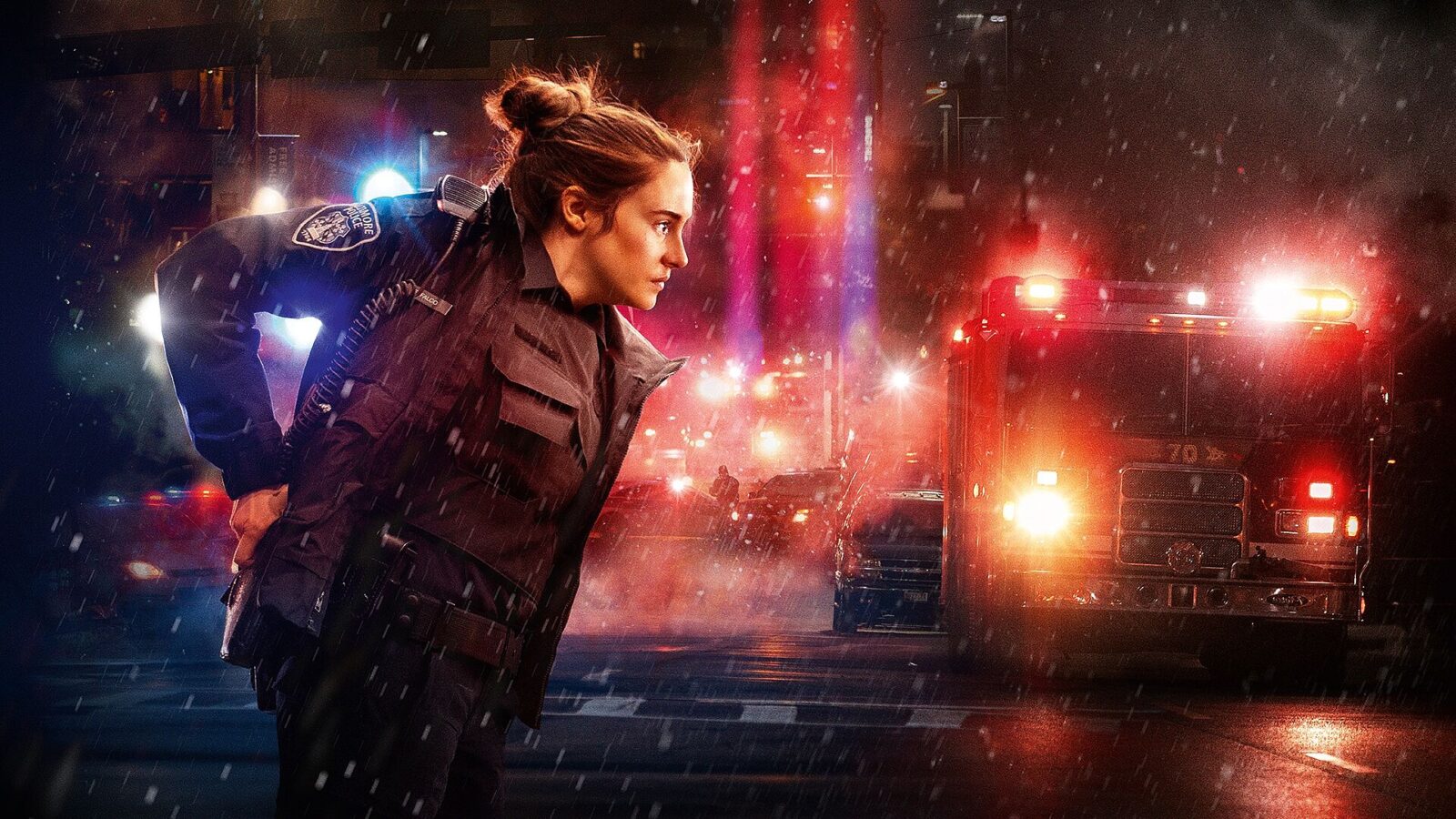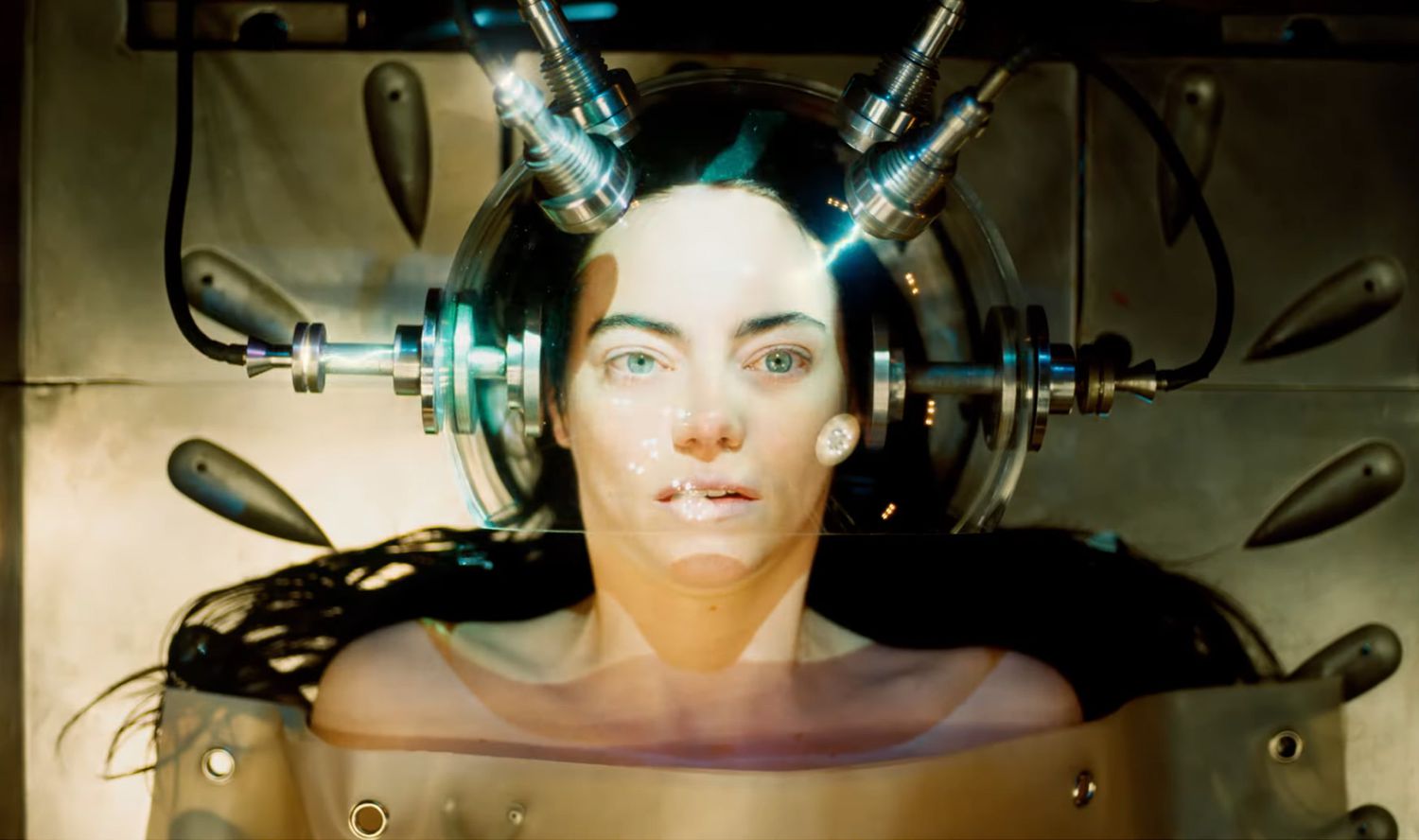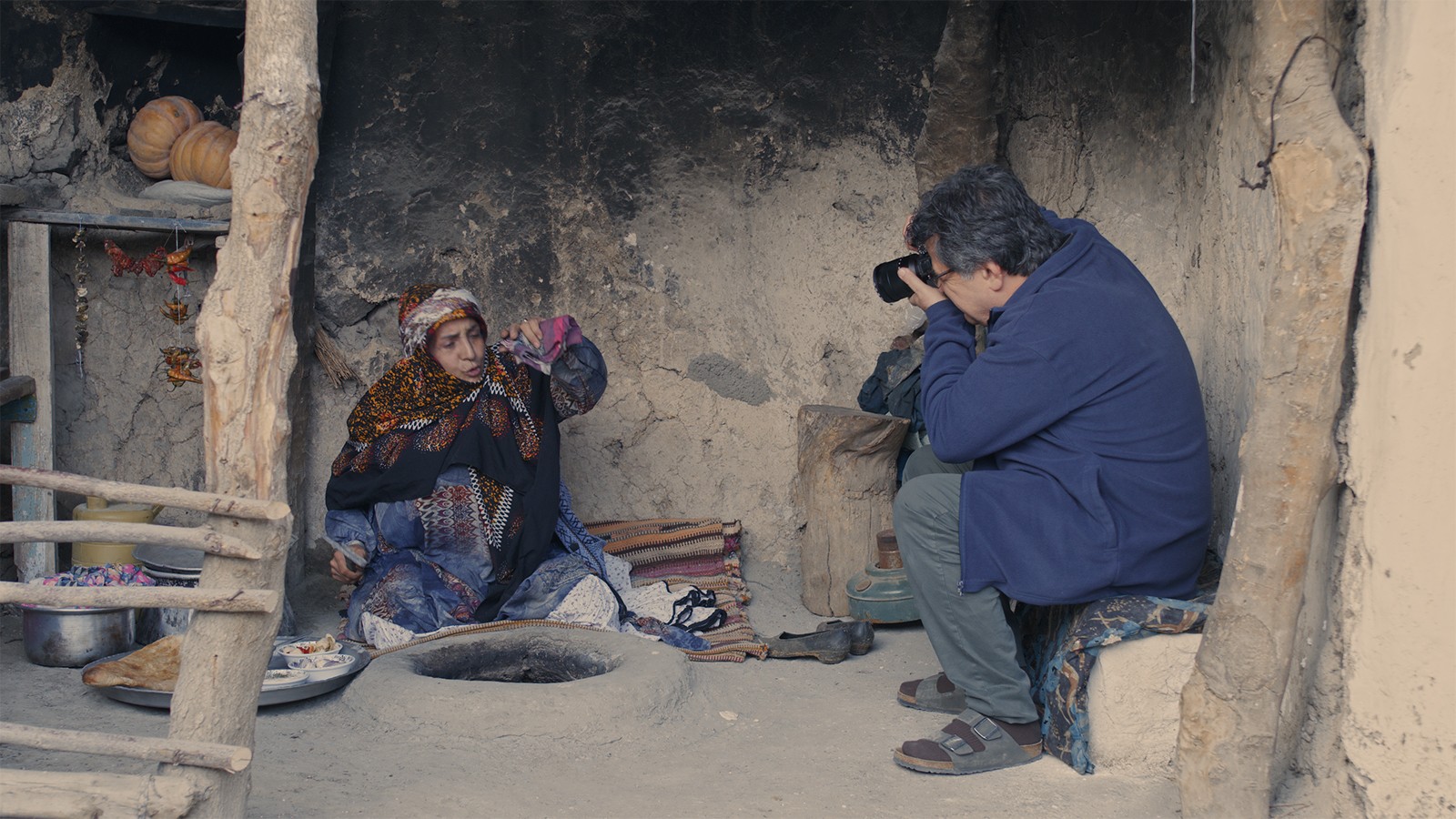by Hudson Moura At its core,Breaking Point (Un Coup de Dès) is a classic story of jealousy, betrayal, and luck,…
by Hudson Moura In Here & There (Ici et Là-bas), director Ludovic Bernard offers a reverse reflection on exile and identity…
by Hudson Moura In A Little Something Extra (Un p’tit truc en plus), director and comedian Artus brings a unique twist to…
by Hudson Moura At the heart of Neon Dreaming is the tender and mysterious story of an 8-year-old girl who has grown…
by Hudson Moura At its core, Tell Me Why These Things Are So Beautiful (Dis-moi pourquoi les choses sont si belles) is…
by Hudson Moura Meet the Leroys by Florent Bernard dives into the emotional turmoil and bittersweet nostalgia of a family…
By Hudson Moura In its original title, the French comedy Open Season, or Chasse-Gardée, loses some of its playful wordplay in translation.…
by Hudson Moura A long-hidden secret surfaces in the opening sequence of Riviera Revenge (N’avoue Jamais), directed by Ivan Calbérac,…
by Hudson Moura Rosalie, directed by Stephanie Di Giusto, is a sensitive film that addresses themes especially relevant today. The…
by Hudson Moura Ricardo Trogi’s 1995 bursts with frenetic energy, brilliantly capturing the chaotic personality of its main character—Trogi himself—portrayed…
by Hudson Moura Robert Guédiguian returns with And the Party Goes On ! (Et la fête continue!), a film deeply rooted…
by Hudson Moura In the tradition of Canadian diasporic first-person films, filmmakers often delve into their experiences of exile and…
by Hudson Moura What has always struck me about the character in Joker (2019) is his unrelenting charisma in inspiring…
by Hudson Moura (Professor of Politics & Film at the Toronto Metropolitan University and Film Commentator for Radio Canada) The…
by Hudson Moura The Substance tells the story of Elizabeth Sparkle, a former TV star who rose to fame through her…
by Hudson Moura Yorgos Lanthimos continues to push the boundaries of cinema with Kinds of Kindness, a strikingly original and thought-provoking…
by Hudson Moura Monkey Man, directed by and starring Dev Patel, is a film that seeks to meld the gritty…
by Gordon Nyenhuis 1. Introduction Accurate depictions of minority groups are scarce within American media, as profit-oriented corporations tend to…
by Guven Turkmen 1. Introduction “I kill 200 people and then someone gives a shit…, At night there are so…
by Sara Missaghi 1. Introduction Addressing the topic of female sexuality has long been a challenge for Hollywood, as there…
by Mina Ghahremani 1. Introduction Following the 1979 Islamic Revolution, Iranian cinema has actively criticized its negative impact on society.…
